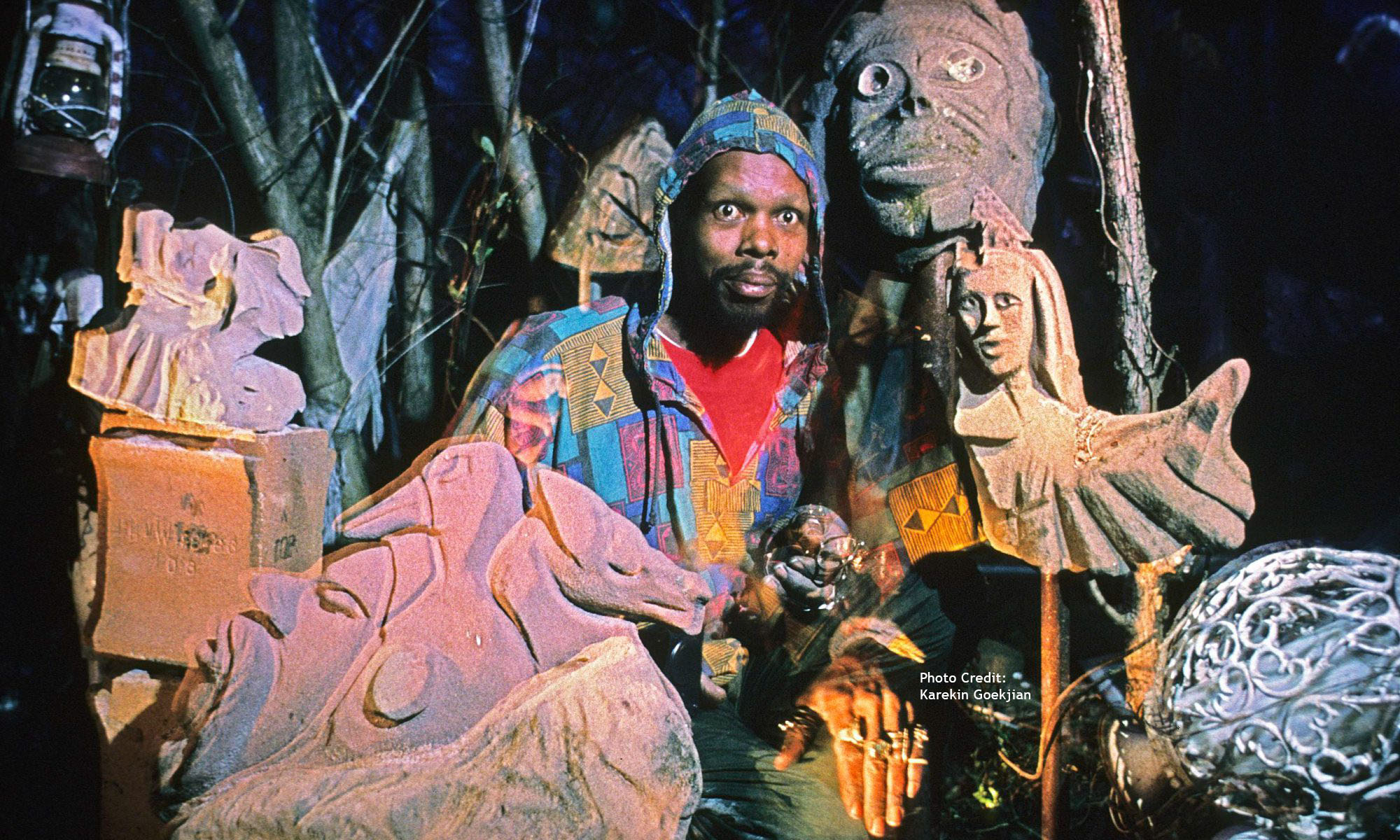From radio talk shows to TV preachers, psychiatrists to stand-up comedians; the final program looks at the impact of change and technology and the implications of a disappearing narrative tradition. These programs feature an engaging blend of anecdote and analysis, woven together in the seamless style of illustration and exchange that imitates conversation.
“If you can tell stories about Lake Wobegon to people from Lake Wobegon and have them believe them even though you made them up, that’s success, that’s a home run for a storyteller! I’ve had members of my immediate family call me after I’ve told a story that was a tissue of lies from beginning to end and ask me if that really didn’t happen. It’s not a talent to admire-or to recommend to children.” — GARRISON KEILLOR, broadcaster, Minnesota
